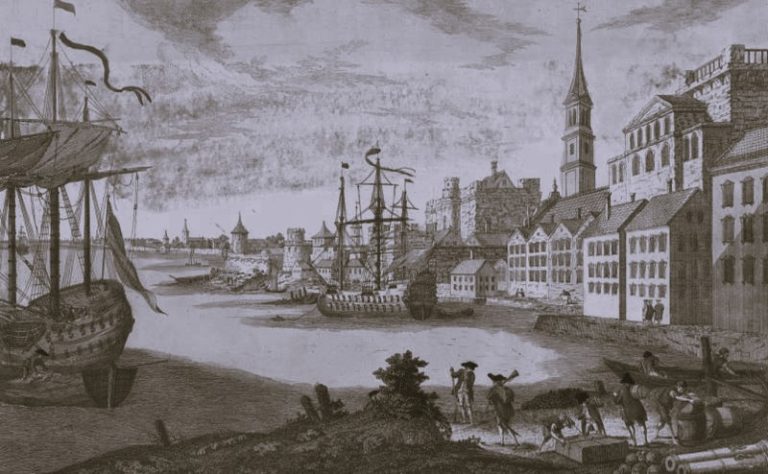

Before the Revolution, Washington, like most white Americans, took slavery for granted. At the time of the Revolution, one-fifth of the colonies’ population lived in bondage. Although most slaves were in the South, slavery was a legal institution in each of the thirteen colonies. Fourteen percent of the state of New York’s population was enslaved, for example, and New York City had more slaves than any other city in the colonies except Charleston, South Carolina.

Washington gradually came to realize that slavery was immoral and contrary to the Revolutionary ideals of liberty and equality. In 1774 he endorsed a document, known as the Fairfax Resolves, which condemned the slave trade as “unnatural” and recommended that no more slaves be imported into the British colonies. Five years later, he approved a plan to grant slaves their freedom in exchange for service in the Continental Army.
Washington never spoke out publicly against slavery. But in this private letter to fellow Virginian John Mercer, dated September 9, 1786, and written at a time when he owned 250 slaves, Washington avows his dislike of the institution of slavery, an institution that violates the ideal of freedom and equality: “I never mean . . . to possess another slave by purchase; it being among my first wishes to see some plan adopted by which slavery in this Country may be abolished.”
Washington’s letter to Mercer follows:
112920-47-History-SlaveryOriginally published by The Gilder Lehrman Institute of American History, republished under fair use for educational, non-commercial purposes.






